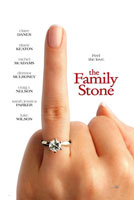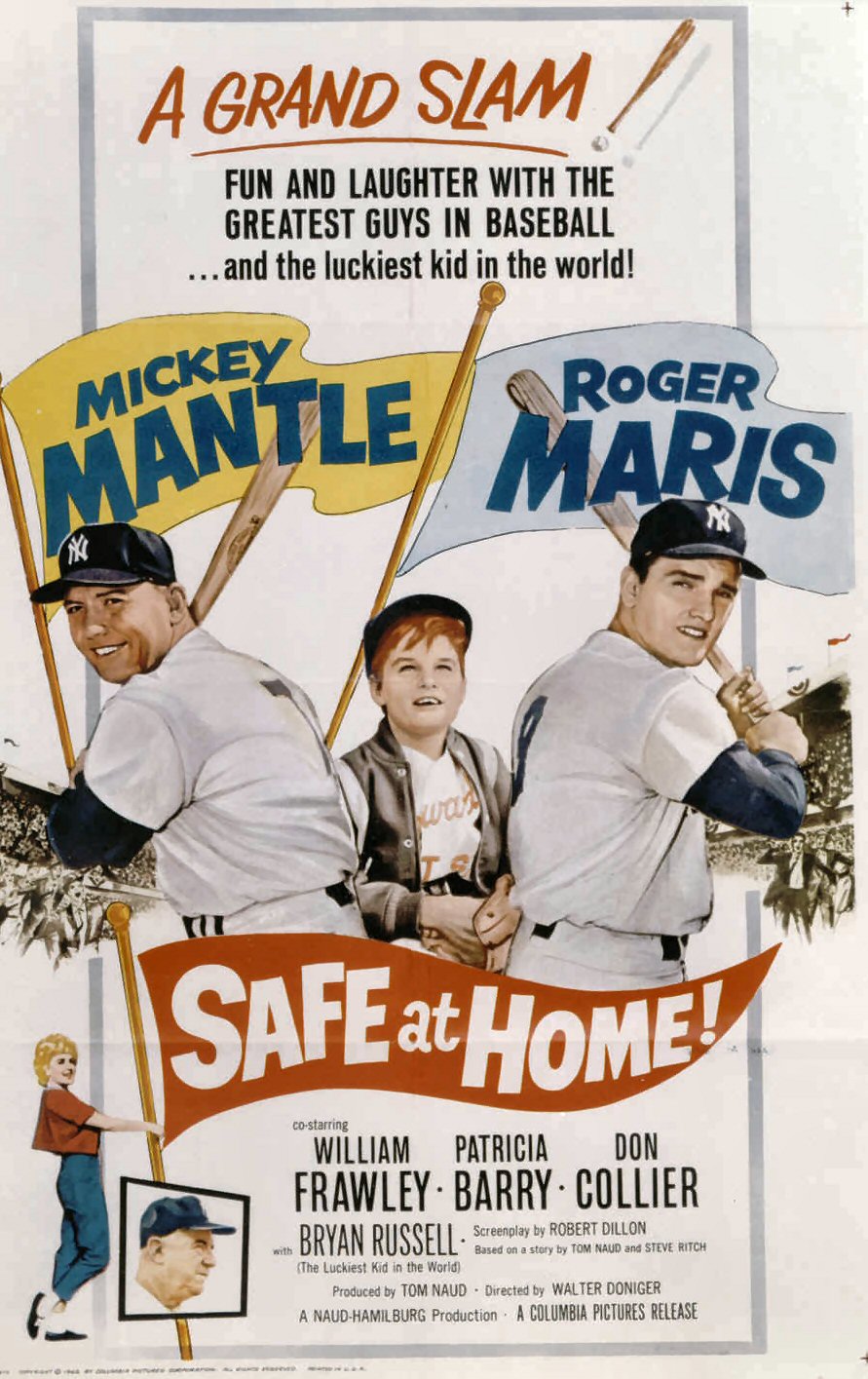The song at the end of Ken Tipton’s Heart of the Beholder starts out with the following lyrics:
Who’s right?
Who’s wrong?
Why can’t we all just get along?
Clear, to the point but not entirely grabbing. Even though the message is clear, there’s something missing. You could assess the lyrics that way. You could also sum up the entire film with the same assessment. While the story is gripping and hard to believe if it weren’t true, Heart of the Beholder suffers from not being as provocative as it seems to want to be.
Mike Howard (Matt Letscher) and his wife Diane (Sarah Brown) were on the ground floor of the VHS rental business. When he opened his first store in St. Louis in 1981 it was a huge gamble. Needless to say, it paid off – at first. A few years later Martin Scorsese made a little film called The Last Temptation of Christ, which got a few extremist Christian groups riled up and calling for boycotts faster than they could recite the Lord’s Prayer. When he refused to pull the video, Mike was forced into a lengthy court battle that drove him out of business. But that was only part of the story. Mike’s case connected to corrupt politicians, kidnapping plots and burnt down women’s clinics.
There’s no shortage of material for writer-director Ken Tipton to work with here. That alone makes Heart of the Beholder a film of interest. It is in many ways a politically charged film as it touches on issues of freedom of speech, religious beliefs and all out fanaticism. Still, I didn’t think it was charged with enough balance and I think a large part had to do with the film’s inconsistent pacing.
This is a complex story with many angles to cover and motivations to establish. Tipton and his crew do a fine job doing this. However, once everything is established it takes a long time for things to play out. For example, Mike is given a chance to exact some “friendly” revenge against his puritan aggressors in a game of paint ball. The payoff of this series of scenes is obvious from the get-go yet it plays out very slowly. The same sorts of pacing problems plague other parts of the film as well including, sadly, the end as well. A faster pace may have maintained a higher level of tension that is largely missing from such a potent story.
Heart of the Beholder is an independent production. Sometimes it looks obvious, especially when there’s a punch involved. But for the most part the production values are passable. The locations are all kept simple and thusly believable. The acting is also quite solid across the board, particularly Arden Myrin as Mike’s plucky assistant manager Patty.
While it is ultimately quite polite in raising several political issues, particularly around the role of religion influencing modern culture, Heart of the Beholder is somewhat light fare. It makes its point but doesn’t stick around for much follow-up. While this works in the sense that it avoids being preachy, it also comes across as trying to be all-pleasing. So it comes down to a question of conflicting motives. Is Heart of the Beholder aiming to be strictly entertainment or is it meant to be a statement? Both options are certainly fair, but the mixing of the two makes for, ultimately, mixed results.
Heart of the Beholder Gallery















